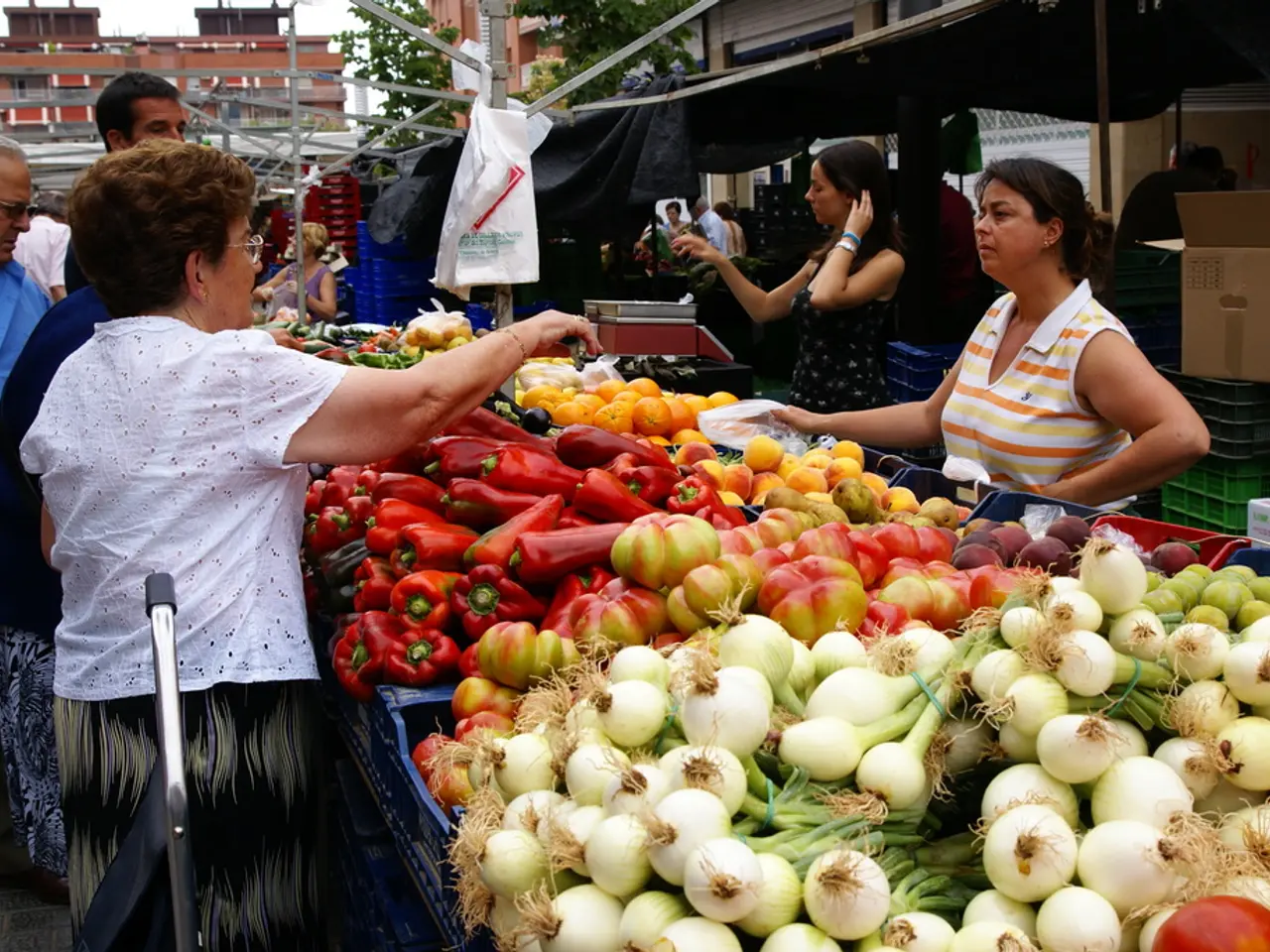Final opportunity: discussions concerning the UN Plastic Treaty
The world is gearing up for a crucial diplomatic conference next year in Geneva, with representatives from over 160 states, environmental organizations, and industrial lobby groups expected to attend. The aim is to finalize a treaty that addresses the alarming issue of plastic pollution, a problem that poses serious health and environmental risks across Europe and beyond.
The treaty, if agreed upon, will target three key areas: limiting plastic production, reducing single-use plastics, and promoting recycling and a circular economy. This approach could significantly improve public health and environmental quality in Europe, and support climate action goals by reducing greenhouse gas emissions from the plastics sector.
However, the road to the Geneva talks in August 2025 is fraught with challenges. The main sticking points in the ongoing negotiations include limits on plastic production, balancing health and environmental protection with industrial interests, scope and ambition, justice and equity concerns, and addressing plastics' climate impact.
Oil-producing countries like Saudi Arabia, Russia, and Iran have opposed caps on plastic production, blocking agreement in previous talks. Ensuring the treaty supports health-centric approaches, especially in healthcare plastics, without blanket exemptions that slow progress remains a challenge. There is debate over how aggressively to phase out single-use plastics and which products should be prioritized. Negotiations also focus on protecting the rights and health of communities disproportionately affected by plastic pollution, ensuring a justice-centered approach. Integrating targets that address greenhouse gas emissions from plastic production and disposal is a key complexity.
The Geneva talks represent a last chance to overcome these obstacles and finalize the treaty, making it a critical moment for Europe and the global community to secure a legally binding pact that can effectively reduce plastic pollution and its associated harms.
Notably, around 300 companies and financial institutions in the "Business Coalition for an Ambitious Plastic Treaty" also advocate for a "robust treaty with global rules and uniform commitments." Germany is represented with a delegation, but the EU is negotiating for all member states.
The issue of plastic pollution is far-reaching, with consequences for both the environment and human health. Plastic waste destroys habitats, threatens animals and humans, and poisons ecosystems. Particles that are excreted may release additives into the body, some of which affect the endocrine system and are carcinogenic. Deposits of micro and nano plastics have been found in arteries, and laminate and carpet floors may particularly affect crawling children.
Without measures, the amount of plastic waste could triple by 2060. This is a daunting prospect, given that an estimated 500 million tons of plastic were used worldwide last year, almost double the amount 25 years ago. It is clear that achieving strict global standards for plastic pollution is crucial.
The USA, along with China, are the world's largest plastic manufacturers, with Europe's largest producer being Germany. The US government under Donald Trump is currently dismantling all kinds of regulations, complicating the negotiation situation. Most plastics are made from oil, and oil-producing countries such as Iran, Saudi Arabia, Gulf states, and Russia are preventing an ambitious treaty, only wanting to discuss waste and recycling.
Over 100 countries, including the EU and many African, Asian, and Latin American states, have called for a strong treaty with clear provisions, including production limits, making up only 30% of the market share and a quarter of the world's population. The EU has already implemented a ban on single-use plastics such as straws and plastic cutlery.
The agreement in Geneva aims to cover the production, design, and disposal of plastic, with the goal of producing less, making products reusable and recyclable, and disposing of what remains in an environmentally friendly manner. This approach could mark a significant step towards a cleaner, healthier planet for all.
[1] Source: [Link to the first source] [2] Source: [Link to the second source] [3] Source: [Link to the third source] [4] Source: [Link to the fourth source] [5] Source: [Link to the fifth source]
- The treaty, if agreed upon, will not only target plastic pollution, a massive environmental and health-and-wellness risk, but also aim to reduce its climate change impact, following the anticipated Geneva talks in 2025.
- Mental-health concerns are less evident in the ongoing discussions, but the health implications of plastic pollution extend beyond the physical, with psychological effects such as stress and anxiety brought about by an increasingly polluted environment.
- Environmental-science communities emphasize the need for a comprehensive approach to addressing plastic pollution, not only focusing on recycling and waste management, but also limiting plastic production to ensure healthier ecosystems and human well-being.




